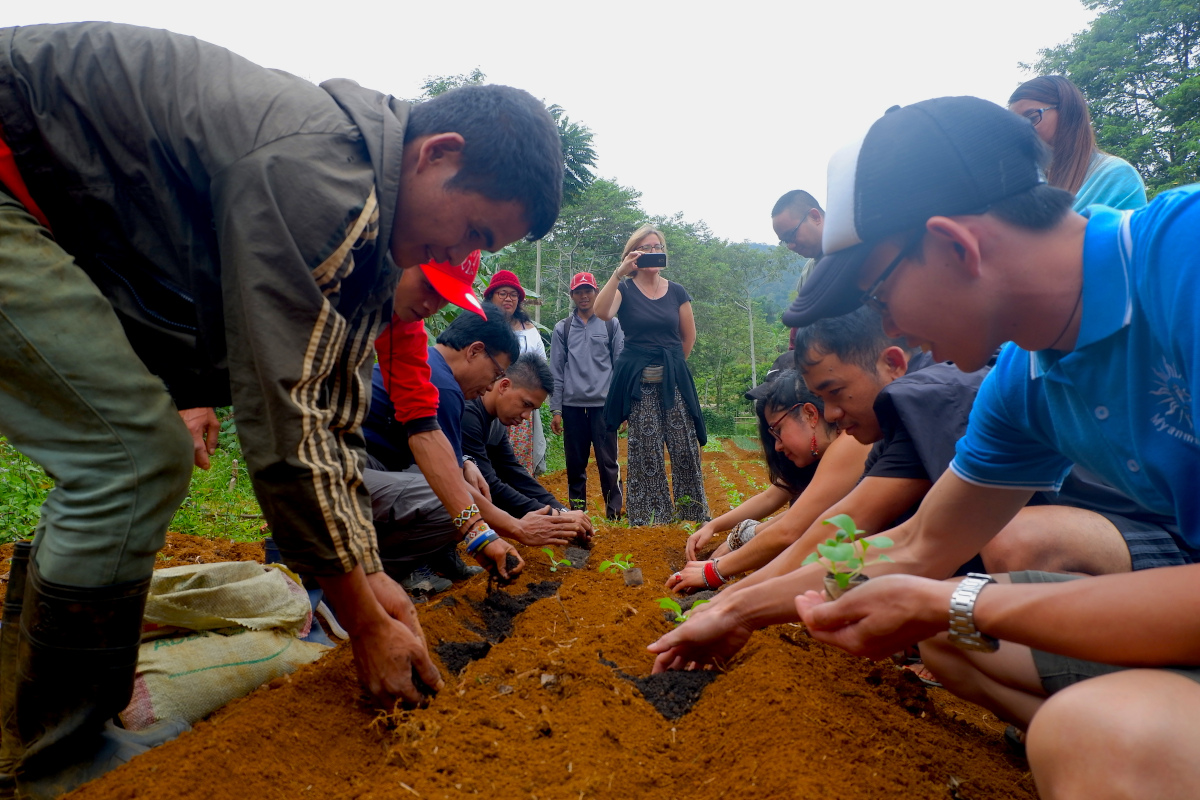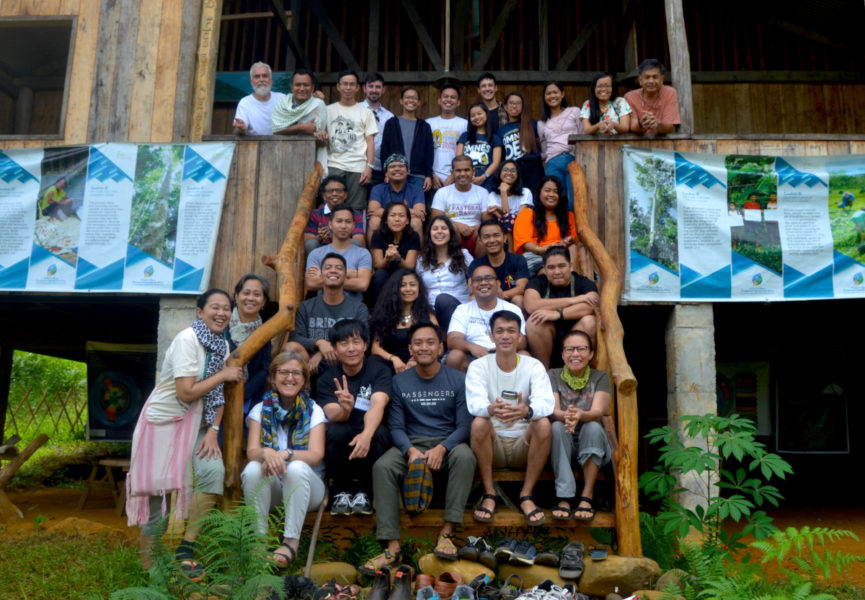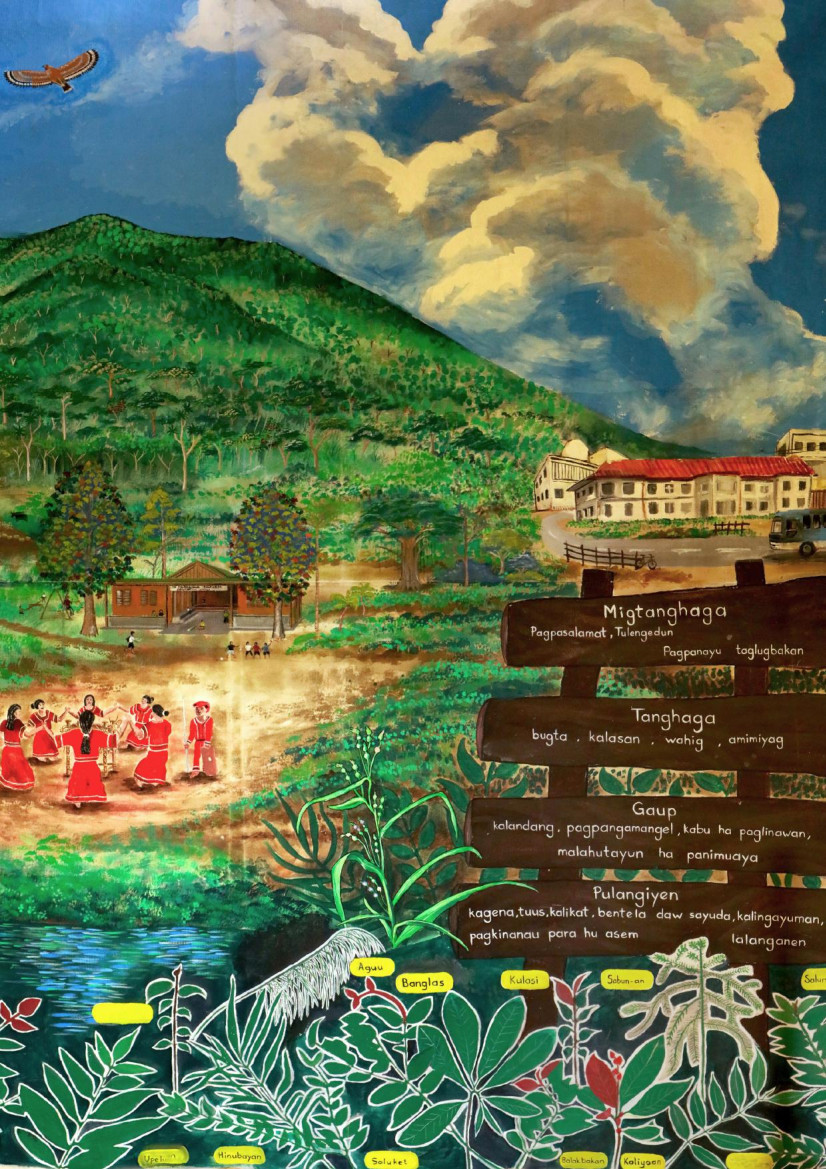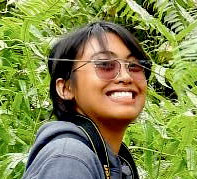
Focused on discernment, depth, action and mission, the third in a series of Laudato si’ Spirituality for Action workshops organised by the Jesuit Conference Asia Pacific-Reconciliation with Creation (JCAP-RwC) recognised the need to discern for action on several levels, not only for personal conversion but also for advocacy and global citizenship.
The JCAP workshop gathered 27 participants, mostly youth, from different contexts and areas in Asia Pacific. Sylvia Miclat, JCAP-RwC Coordinator, shared that the three-day workshop aimed “to provide participants a time and space to find a deeper personal and communal desire and energy to collaborate in working on the Universal Apostolic Preferences (UAPs) and the Sustainable Development Goals (SDGs), while recognising the challenges in their institutions”.
From August 5 to 9, participants experienced the indigenous context of Bendum in Bukidnon, Philippines as the JCAP workshop highlighted the importance of listening, discernment and accompaniment in understanding the UAPs.

“Learning more about the UAPs helped me make them into my own personal preferences. I didn’t really know a lot about the UAPs before, but having gone through this (workshop) and having engaged in deep conversations with the people, I feel that, as a youth, I have support in wanting to walk with the poor, help the excluded and care for the environment,” said Teriza Mir, a first year university student and a volunteer of The Two Wolves Abroad programme. She was one of four young people sent by the Australian Jesuit Province.
The workshop drew a diverse group of participants that included Jesuits and social apostolate workers in Asia Pacific, local seminarians, as well as a group of volunteer teachers who just started their placements at the Apu Palamguwan Cultural Education Center (APC) in Bendum.
There was also interest from some Philippine civil society organisations, although they are not part of the Ignatian family. They expressed feelings of exhaustion, burn-out and inadequacy as they confront the present environmental and social crisis. After the workshop, they shared that they felt re-energised to continue their work.
Interactions within the group and with mostly young people brought a youthful dynamic, liveliness and much creativity to the process. “Staying with young people and being with the teachers and students here with great, great commitment, I am very happy. I think this kind of activity will inspire us in our work in the Conference,” said Fr Adrianus Suyadi SJ, JCAP Secretary for Social Ministries.

Having participants from such diverse backgrounds also helped in deepening the discernment process.
“We succeeded in having a sense of communion. This gave us great hope because the world is characterised by diversity. To be the salt of the earth, each one in their own context must change, but with the support of all the others,” said Margarida Alvim, head and co-founder of Casa Velha, an ecology and spirituality centre in Portugal, and one of the facilitators of the workshop.
Engagements with the indigenous community and the APC School in Bendum deepened the conversations about the UAPs, SDGs, as well as the reality of the slow work in the mission and the collaborations that need to be nurtured and sustained.
“Accompaniment requires, first, trust. Bendum made me realise that accompanying is very slow. Trusting is very slow. It requires being there with the people, listening to them and listening to yourself,” Glenn Abamonga, a young seminarian from Saint John Vianney Theological Seminary in Mindanao, Philippines, shared in one of the sessions.
This slow process of accompaniment was better understood as participants went through walks that highlighted the work in Bendum and the little steps and setbacks, the joys and failures along the way that allowed the group to “get a sense of God’s time,” according to Fr Pedro Walpole SJ, facilitator of the workshop, Ecojesuit Coordinator and Executive Director of APC.
“It all begins within, with a clear desire and with clear moments of transition, moments of energy and insight, that share in the vision of hope that overcomes failure and disappointment,” he said.
 Raiza Javier is a member of the communications staff of the Environmental Science for Social Change (ESSC), a Jesuit research and training organisation in the Philippines. ESSC facilitates the Laudato si’ Spirituality for Action Workshop in Bendum through Balay Laudato si’ in collaboration with the Apu Palamguwan Cultural Education Center, JCAP Reconciliation with Creation, and Ecojesuit.
Raiza Javier is a member of the communications staff of the Environmental Science for Social Change (ESSC), a Jesuit research and training organisation in the Philippines. ESSC facilitates the Laudato si’ Spirituality for Action Workshop in Bendum through Balay Laudato si’ in collaboration with the Apu Palamguwan Cultural Education Center, JCAP Reconciliation with Creation, and Ecojesuit.

